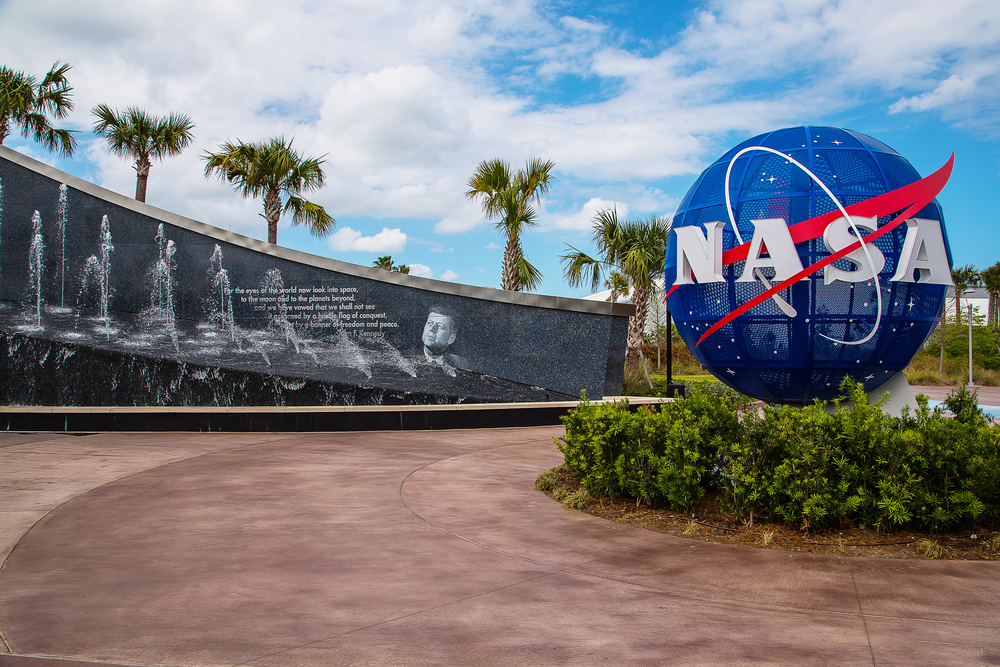The SETI Institute has revealed that global technology specialist First Derivatives plc (FD) with its Kx technology will provide the analytics capability in partnership with Lockheed Martin and IBM on one of NASA Frontier Development Lab (FDL) research teams this summer.
This year’s FDL teams will tackle three problem areas: planetary defense, space resources and space weather. The Solar Storm team will explore whether AI and sophisticated data processing and tagging tools can be deployed to make a significant breakthrough useful to either defending our planet from Asteroids and Solar Weather or enabling a new frontier of exploration by identifying suitable opportunities for extracting Lunar Water.
“FDL is a new model of innovation that acknowledges the astonishing rate of change in AI related technologies in the private sector” said FDL Director, James Parr. “Our goal is to show that meaningful work, with a high degree of utility to the space program and real world applications that affect all of us, can be done in a very short period of time, by using interdisciplinary techniques and partnering with leaders in AI from the private sector.”
In the era of Big Fast Data analytics, Kx technology has set industry benchmarks for speed and stability in high performance applications, with an ability to handle extreme volumes of historical and streaming data. These attributes are now increasingly recognized across a range of sectors, including Earth Observation, Industrial Internet of Things and MarTech.
Brian Conlon, Chief Executive Officer of FD commented: “Kx is well-suited to using Artificial Intelligence and machine learning techniques to generate actionable insights from vast quantities of data, making it the ideal analytics platform for these challenging programs. We are delighted to be working with NASA FDL’s other core technology partners to create meaningful solutions.”




